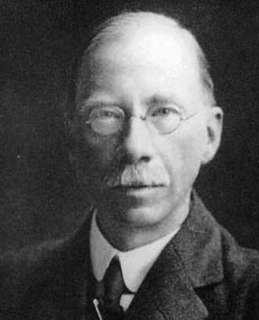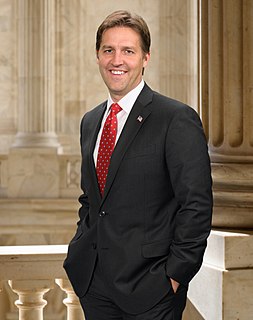A Quote by Luciana Berger
Until we fix the deep-rooted problems of economic inequality, we cannot expect young people to experience the best childhood and adolescence.
Related Quotes
Detroit is a fascinating place, because things are so bad there that the dystopia has almost become utopian. People know they can't rely on the state, that public infrastructure is broken, and they've taken their own measures. People are growing their own food and selling their produce to local stores and restaurants. It's certainly not a fix-all; Detroit's problems are too deep-rooted for quick-fix solutions. But it's a hopeful sign. Detroiters are crafting their own solutions rather than being passive in the face of the city's and state's actions and inactions.
We in America were worried about many problems dealing with economic inequality and political inequality. The Communist Party seemed to be the only political force, both concerned and willing, to take action to stop the threat of fascism abroad and to work for economic and political reform in this country.
The investigation of causal relations between economic phenomena presents many problems of peculiar difficulty, and offers many opportunities for fallacious conclusions. Since the statistician can seldom or never make experiments for himself, he has to accept the data of daily experience, and discuss as best he can the relations of a whole group of changes; he cannot, like the physicist, narrow down the issue to the effect of one variation at a time. The problems of statistics are in this sense far more complex than the problems of physics.
In the U.S. when people like me started writing things about inequality, the economic journals had no classification for inequality. I couldn't find where to submit my inequality papers because there was no such topic. There was welfare, there was health issues, there was trade obviously. Finance had hundreds of sub groups.
I don't believe that all folks who supported Donald Trump are racist. I think that there was a lot of economic anxiety, there was a lot of economic panic. A lot of deep-rooted economic insecurity. I think what Trump did, you know, very astutely, was he tapped into this vein, and he promised them a job.
Adolescence is a relatively recent thing in human history -- a period of years between the constraints of childhood and the responsibilities of adulthood. This irresponsible period of adolescence is artificially extended by long years of education, much of it wasted on frivolities. Tenure extends adolescence even further for teachers and professors.


































